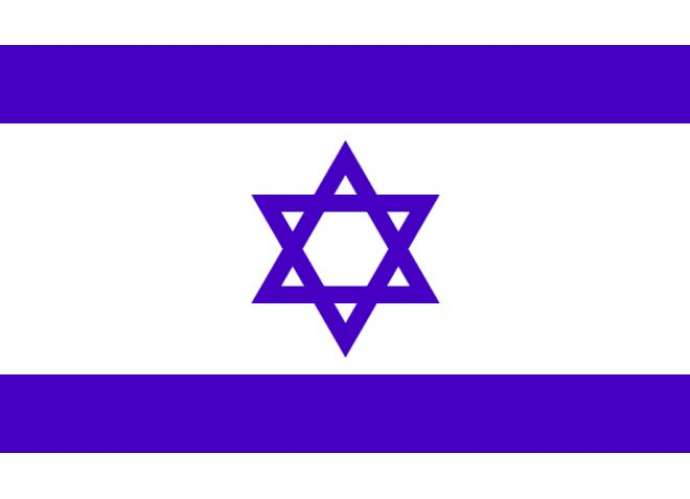STA, 5 December 2020 - Prime Minister Janez Janša will be on official visit to Israel on Monday and Tuesday to meet Israel's top officials, including his counterpart Benjamin Netanyahu, President Reuven Rivlin and Foreign Minister Gabi Ashkenazi. Janša is also to meet representatives of various companies.
The visit is "a confirmation of good and traditionally friendly relations between the two countries, and an opportunity to discuss key foreign policy issues (Syria, Iraq, Iran, and the Middle East peace process)," Janša's office said in a press release.
Moreover, the visit will be an opportunity to hold talks on further cooperation including in cybersecurity and AI, the press release reads.
Slovenian media reported in recent days that Slovenia was interested in purchasing Israel's weapons and that the visit could take place against a backdrop of plans to procure Israeli armament systems, particularly given that Slovenia intends to invest EUR 780 million in its army.
Janša's office did not confirm reports of any potential purchases of Israeli arms.
It only said that ahead of Tuesday's official part of the visit the prime minister would meet representatives of Israeli "cybersecurity companies and other successful companies, which will present their operations and opportunities for cooperation with Slovenian companies".
Former Defence Minister Andreja Katič told the newspaper Delo in late November that Slovenia "could be interested in the anti-tank missile system Spike".
The missile is used by 31 countries, including 18 member states of the EU and NATO. Spike was developed by Israeli company Rafael Advanced Defense Systems.
The system was presented and tested also in Slovenia last year. According to Delo's unofficial information, Spike will be tested again at the Poček training area this month.
Another popular product in this category of Israel's exports is drone Harop, a loitering munition system.
Commentators in the media argue that the government is evidently trying to amend Slovenia's policy to make it more pro-Israel.
This week the government declared the Lebanon-based political party and militant group Hezbollah a criminal and terrorist organisation.
Moreover, in November Slovenia, along with 13 other countries, voted against the WHO resolution which would aim to secure access to healthcare amid the pandemic for residents of the occupied Palestinian territory and Syrian Golan.
Regarding the Israeli-Palestinian conflict, Slovenia has so far supported respecting the UN decisions that strive for the two-state solution.
Following the arrival of Donald Trump's administration, the odds were no longer in favour of this solution. Slovenia then considered recognising Palestine as an independent country, however this has not come to be.
It seems that Janša does not plan to meet Palestine's representatives, given that the press release does not mention such intentions.
The supporters of Palestinians' rights in Slovenia are quite critical of Janša's decision to visit Israel.
As a result of Slovenia's vote on the WHO resolution, the Movement for Palestinians' Rights, a Slovenian NGO, accused the state this week of supporting the "Israeli policy of occupation and apartheid".
The Foreign Ministry has rejected such allegations and highlighted that Slovenia is actively supporting aid efforts helping Palestinians.
The country has allocated EUR 500,000 to co-fund the construction of a desalination facility in the Gaza Strip, the ministry noted, highlighting humanitarian aid efforts in Palestine as well.
Cooperation between Slovenia and Israel is relatively modest and political meetings or discussions at the highest level are rare.
In the past year, Foreign Minister Anže Logar talked to his Israeli counterpart Ashkenazi over the phone in July. In January, President Borut Pahor attended a ceremony marking the 75th anniversary of the liberation of the Nazi concentration and extermination camp Auschwitz-Birkenau.
Prior to 2020, the last official visit to Israel was in 2017 when Milan Brglez, the then parliamentary speaker, visited the country.
Trade between Slovenia and Israel is relatively modest as well. Last year, the two countries exchanged some EUR 135 million worth of goods, according to data released by the web portal Izvozno Okno. In 2018, when trade between Slovenia and Israel was the highest in the last six years, it totalled almost EUR 157 million.
Slovenia's imports from Israel in 2019 were about 30% higher than exports. In the first eight months of 2020, trade between the countries is estimated at EUR 90.5 million, the Izvozno Okno data show.
In June 2019, 13 high-tech and startup companies from Slovenia participated in a business conference held in Israel.






